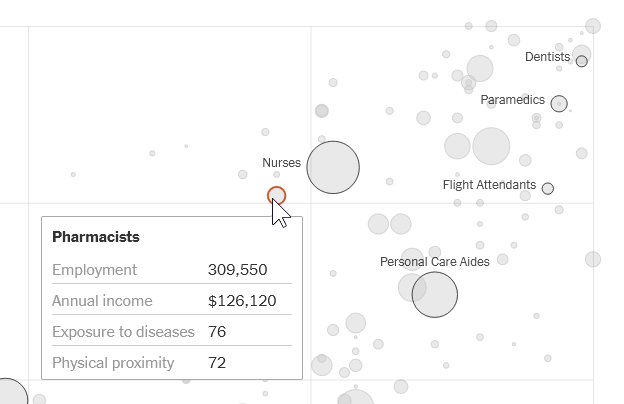Disturbing cigarette warnings, guidance for pharmacies, you should have been a logger, and more
18 Mar 2020
Posted by Andrew Kantor
GPhA offers guidelines for pharmacists
GPhA has developed a set of guidelines for pharmacies and pharmacists in the wake of the coronavirus pandemic — a set of best practices for you and your patients, as well as information from the Board of Pharmacy. Click here to view and download the PDF.
Our number two story: C. diff treatment
For the 10-20% of people with a C. diff. infection who don’t respond to antibiotics — especially if it’s recurring — a new study out of the University of Birmingham found that a fecal microbiota transplant (FMT) has a 78% success rate for curing it.
Scientific studies have demonstrated that FMT treatment is better than treatment with special expensive antibiotics for C.diff infections, particularly when the patient’s infection has come back again.
Emergency refills and more — Georgia BoP issues guidelines
It’s a state of emergency in Georgia, and the Board of Pharmacy has an explanation of what that means. The part likely to have the most effect involves providing emergency refills for patients, but there is more.
The policy specifically addresses emergency refill dispensing of prescription drugs (excluding controlled substances), temporary recognition of non-resident licensure, and temporary pharmacy facilities.
Check out the page, especially the last link, “Covid-19 Statement of Interpretation.pdf.” You’ll also find forms for temporary licensure for pharmacists, techs, and interns.
Student pharmacists in limbo
P4 student pharmacists face a dilemma: With everything closing down, “Many of them have been unable to maintain their placement in rotation sites across the state as institutions scramble to take care of their patients,” as UGA College of Pharmacy Dean Kelly Smith explained.
If you can help those students, click that link for contact info — they could really use a hand.
Meanwhile in Opposite World
Patients who had a tooth pulled found they were in more pain after taking opioids. That means that not only were they unnecessary in the first place, but…
…roughly half of the opioids prescribed remained unused in both surgical and nonsurgical extractions. This could put patients or their loved ones at risk of future misuse of opioids if leftover pills are not disposed of properly.
New cigarette warnings
The FDA has issued its final rule requiring new warnings on cigarette packages, including “photo-realistic color images” that ought to give some folks pause before lighting up.
“Andrew,” I hear you say, “Won’t you share some of those images with us even though they will undoubtedly be disturbing to some of your readers?”
How about this — here’s a thumbnail you can click to enlarge if you feel the urge … but don’t say we didn’t warn you:
If you think these are bad, they’re nothing compared to what the Aussies use on their packages.
D is for dbeing able to walk again*
Rutgers researchers have found that having enough vitamin D increases the chance that someone recovering from a broken hip will be able to walk again. In other words: Take the supplements now just in case.
* Worst. Headline. Ever.
Coronavirus updates
Some numbers
About 41% of Americans are at high risk because of their age or underlying health condition.
The optimist says: Only 1.4% mortality. Whew!
The pessimist says: That’s 1,400% higher than the flu, which is terrifying.
States
- CoviD-19 tests are still in short supply, so state health departments can now approve their own, says the FDA.
- In terms of preparedness for the virus, Georgia ranks #39 out of 51 according to WalletHub. (It uses a pretty detailed scoring system, taking into account everything from number of small businesses to quality of healthcare, to how many people use public transit, and more.)
Risky businesses
Thanks to a high likelihood of exposure, plus “physical proximity to others,” pharmacists rank pretty high on the Coronavirus risk table compiled by the New York Times. So do pharmacy techs.
Could be worse. You could be an oral/maxillofacial surgeon or respiratory therapy tech — they have the highest risk (as do dental hygienists). Want to feel safe? Consider a career as a logger, fine artist, or writer*.




